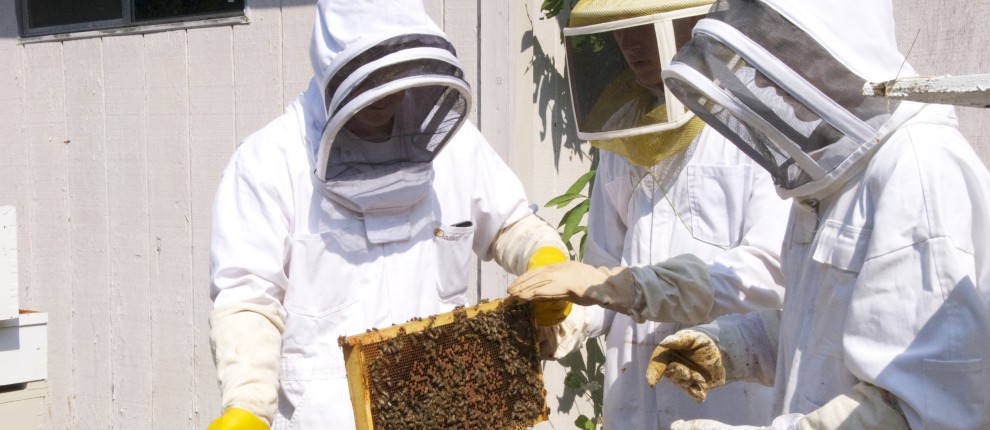In Section 1c you ask “How many active colonies do you currently own?” Since I lost both my colonies during the winter and have not purchased new ones this spring my answer would be “0”… only it won’t let me enter 0. For three years (2012, 2013 and 2015) I have started with 2 nucs each spring and so far none has made it through the winter (no dead bees anywhere). The first two years I chose to do very little and just let the bees be. I took a class and read a little but did not go to club meetings or had a mentor. Last year I realized that I had to do more so I started networking but developed a severe allergy in July that prevented me from working with the bees and take measures for winter. This year I will not purchase nucs but will try to either catch a swarm or bait them with a swarm trap and also make an effort to learn more (read more, find a mentor, classes etc)
RESPONSE: Thank you for your comments. This was meant to be another way to check the active colony count but has since been edited to allow for 0,0 entries for just this reason. It was fixed about a week into the collection period. Nucs are tough to get through the season – I see you have not had much success so far. However given that we know colonies get heavy mite numbers, and you have elected not to control mites, that is not surprising. It is a perfectly acceptable method of keeping bees- starting anew each season with a new nuc is a practice that several elect to practice. Trust you are able to bait a swarm or hear about one to capture as a way to put onto the drawn comb you have form previous nuc colonies.
